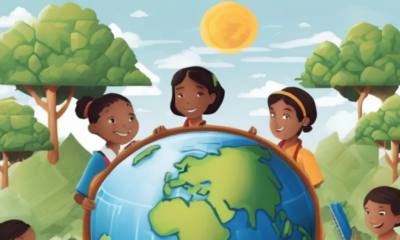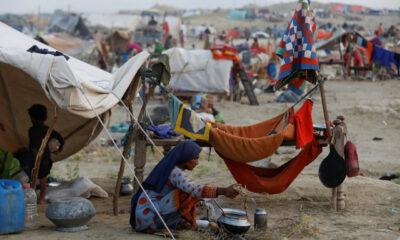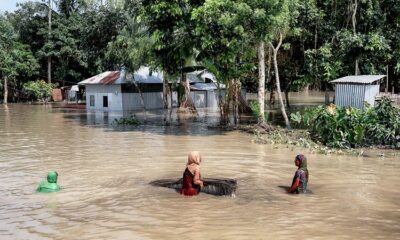Syed Noor E Alam
Due to climate change, the families of different countries of the world are falling behind day by day. Poor families are not able to buy water, especially in coastal areas due to lack of water. Again, there is no way to collect water by installing deep tubewells for the same reason.
Women in remote areas of Bangladesh (especially in hilly and coastal areas) and India have to spend hours collecting water. This picture is also terrible in the African region.
Women face grave danger due to scarcity of water due to adverse weather conditions. Women are facing various health problems due to lack of clean drinking water in different regions of the world which are plagued with climatic problems, especially in coastal areas. Women in coastal areas are drinking salt water due to scarcity of fresh water. Because of this, the risk of miscarriage is being created. Many women are suffering from various health problems due to salt water fishing.
Climate issues are putting women in coastal areas back ecologically, healthily and economically. Many households are making some sort of effort to solve the problem by harvesting rainwater.
According to the data, every day about 2 thousand people are coming to Dhaka city for living and employment. One-fourth of its climate. These climate refugees are somehow sheltering on the roadside or railway tracks or in slums. In these refugee families, women have to struggle more.
Now the question is, women have no role in the negative change of climate, so why should they suffer the consequences.
Women affected by climate change do not know why they are in this situation. They continue to struggle despite not knowing about it. Their struggle for survival is made increasingly difficult by those who are constantly polluting the environment for their own sake.
The participation of women victims in the United Nations climate conference or in various global discussions related to climate is not enough. The future will tell the dire situation that awaits the coastal region of Bangladesh as the climate crisis slowly escalates. But there is no doubt that women will suffer more. What sustainable development is possible while leaving a large part of the society plagued by women’s problems? It will be difficult to sustain the coast of Bangladesh if we do not emphasize now on issues like tree plantation, rain water harvesting system, construction of sustainable coastal embankment, use of renewable energy, adaptation and awareness. The grievances of women affected by climate change should be heard. Their decisions should be weighted at the policy-making stage. Climate change challenges cannot be tackled without women’s empowerment.










